Keeping pets is a joy and pleasure for many, but it also brings with it certain health-related challenges. This article explores three major issues of concern to the pet-owning community: zoonotic diseases, pet odor pollution and treatment, and pet allergens. We will introduce the basic concepts, phenomena, hazards of these issues, and the importance of air purifiers in addressing these problems.
Zoonotic Diseases: Zoonotic diseases refer to diseases that can be transmitted between pets and humans. According to data from the World Health Organization, cases of zoonoses have been increasing in recent years. For instance, cats and dogs can carry the influenza virus, increasing the risk of humans contracting the flu. Pets may also suffer from skin infections, posing a threat to the health of family members. To prevent zoonotic diseases, we should take our pets to the vet for regular check-ups and vaccinations, and pay attention to their diet management and hygiene measures. In addition, allergies are also zoonotic diseases, especially skin and respiratory allergies. Pet dander and hair are allergens for humans, while human dander and hair can also be allergens for pets.
Pet Odor Pollution and Treatment: Pet odors primarily come from gases exhaled by pets, saliva, pet sweat, secretions from hair follicles, and excretions. These odor substances are released into indoor air, negatively impacting human health. According to data from the U.S. Environmental Protection Agency, domestic pet odors can lead to indoor air pollution. Long-term exposure to odorous environments may cause respiratory problems, headaches, and symptoms of allergies. To handle pet odors, we should regularly groom and clean our pets, keep indoor ventilation, and use air purifiers equipped with HEPA and activated carbon filters, especially those filled with pet odor-removing materials, to remove odors. Using air purifiers can significantly reduce the concentration of indoor odor substances, improving air quality.
The Issue of Pet Allergens: Pet allergies refer to reactions that the human body has to pet allergens, such as hair, dander, and saliva. According to data from the Allergy and Asthma Foundation of America, about 30% of allergy sufferers are allergic to pets. Symptoms of allergies include coughing, sneezing, and skin redness, which negatively affect the quality of life of allergy sufferers. To reduce pet allergies, we should regularly clean the pet environment, use air purifiers to filter out allergens in the air, and stay away from allergens to reduce contact. According to a study, using efficient air purifiers can reduce the concentration of indoor allergens, which can help alleviate allergy symptoms.
Conclusion: Understanding and solving the problems of zoonotic diseases, pet odor pollution and treatment, and pet allergens are the focus of attention for the pet-owning community. According to authoritative statistical data, zoonotic diseases and health problems related to pets are becoming increasingly prominent. Air purifiers, particularly those equipped with HEPA and activated carbon filters, play a crucial role in addressing these issues by effectively purifying the air, removing odors and allergens, and creating a healthier environment for both pets and humans. According to research data, using air purifiers can significantly improve indoor air quality and reduce the concentration of allergens. Therefore, we encourage the pet-owning community to take comprehensive measures, including regular vet check-ups, cleaning the pet environment, and using air purifiers, to maintain a healthy coexistence between pets and humans.

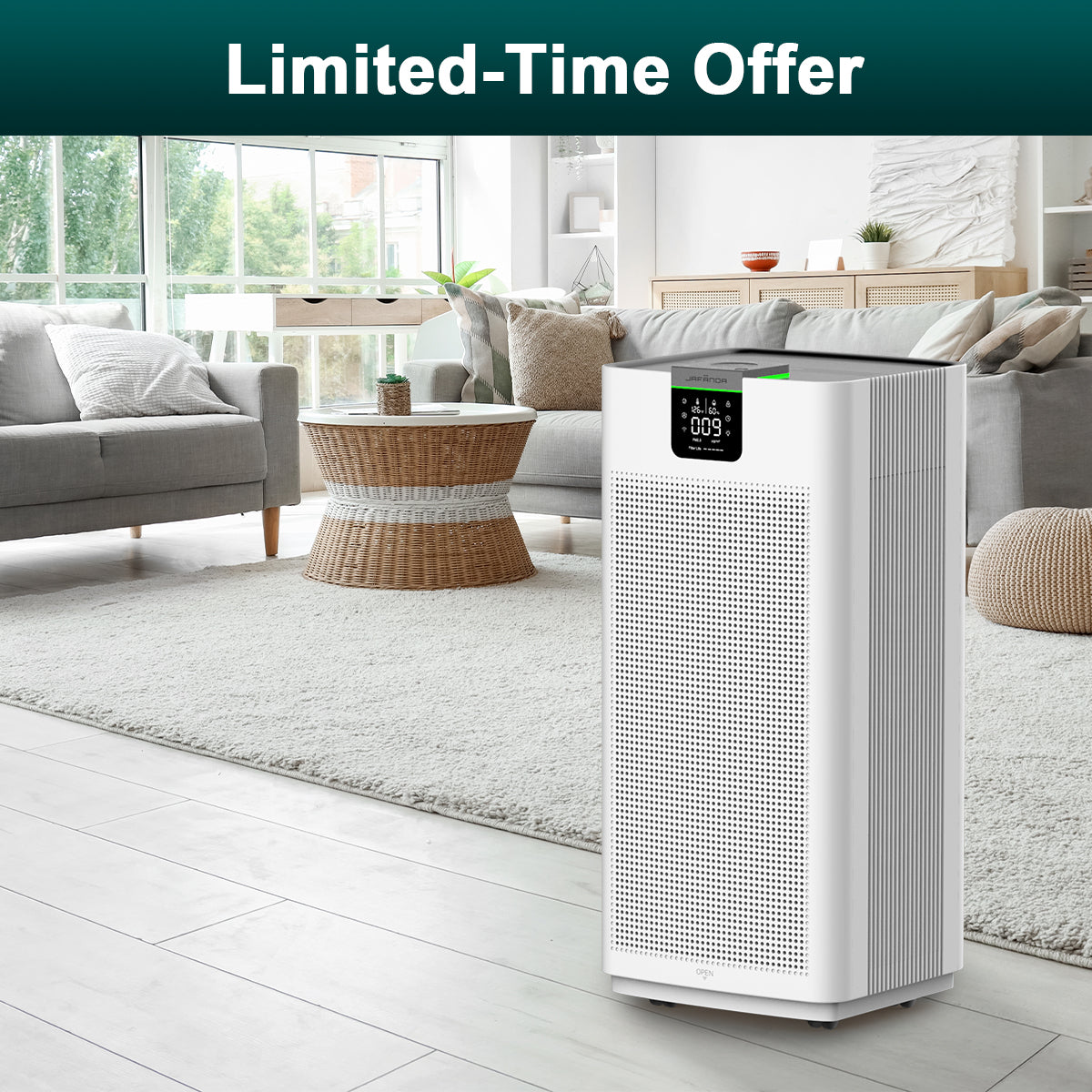
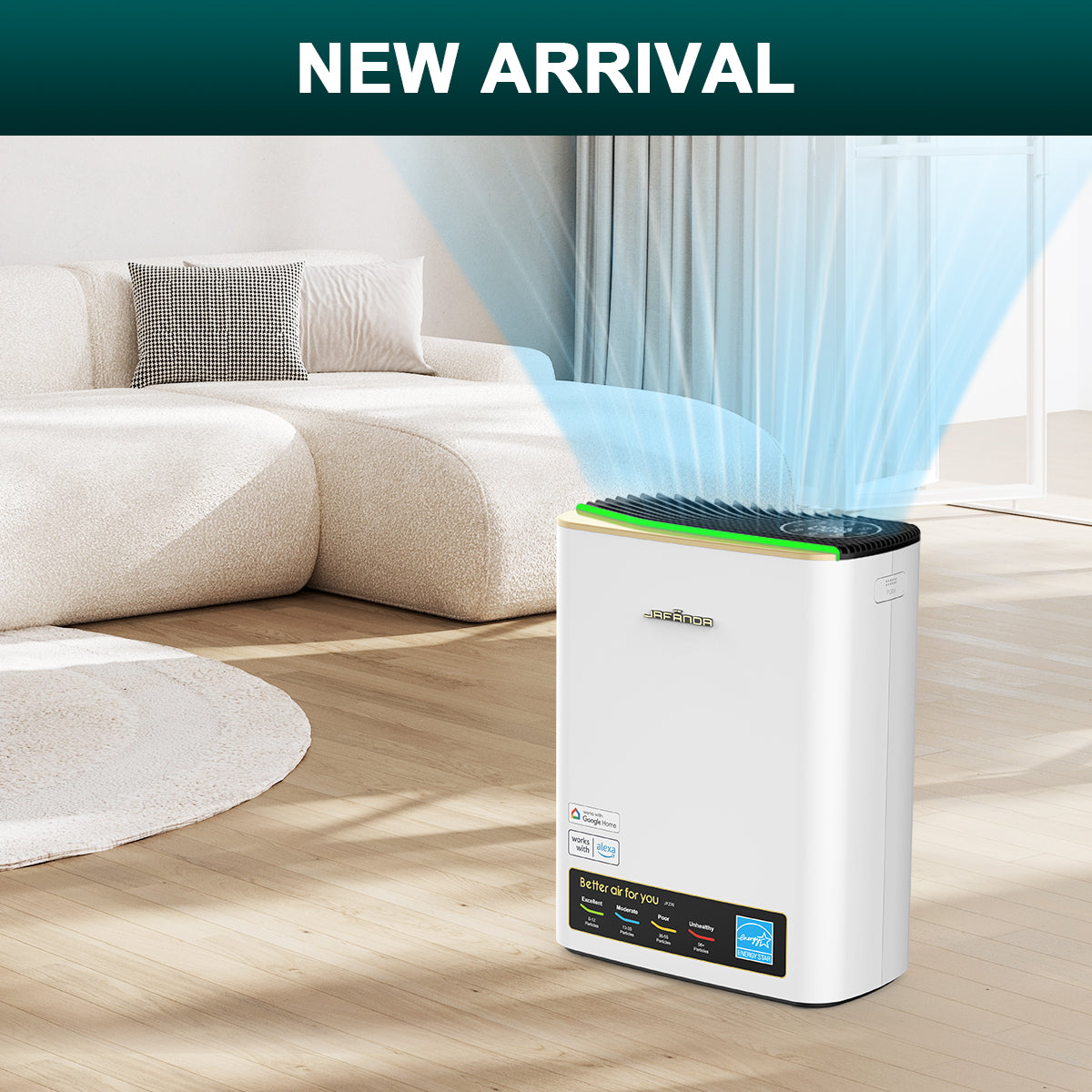

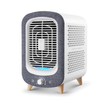
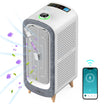
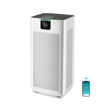

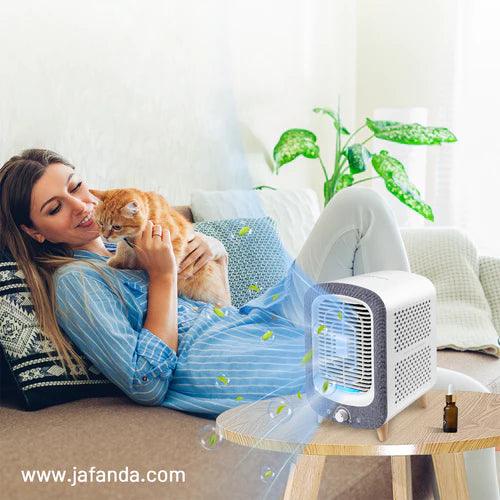
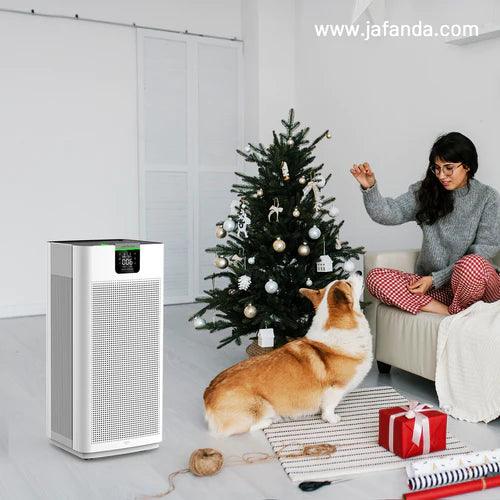
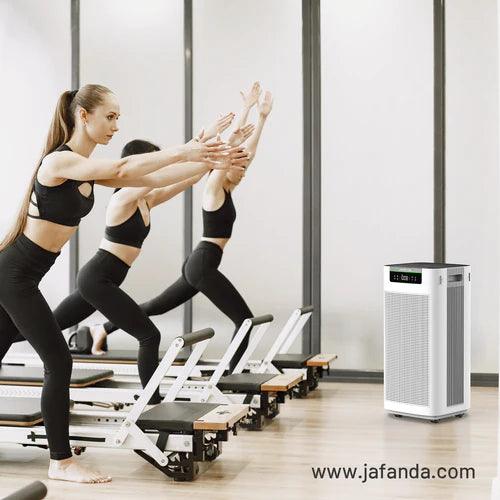
Leave a comment
All comments are moderated before being published.
This site is protected by hCaptcha and the hCaptcha Privacy Policy and Terms of Service apply.